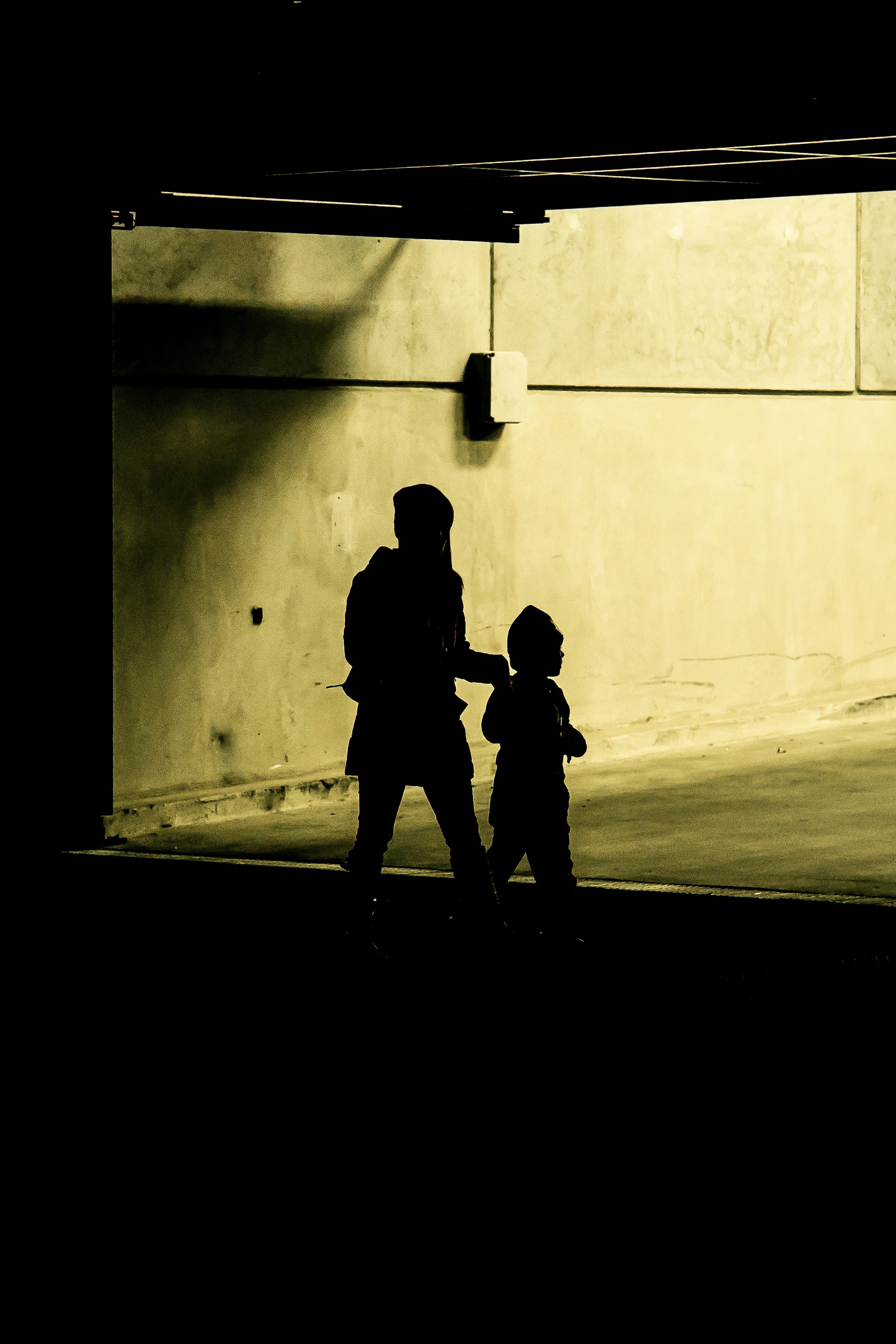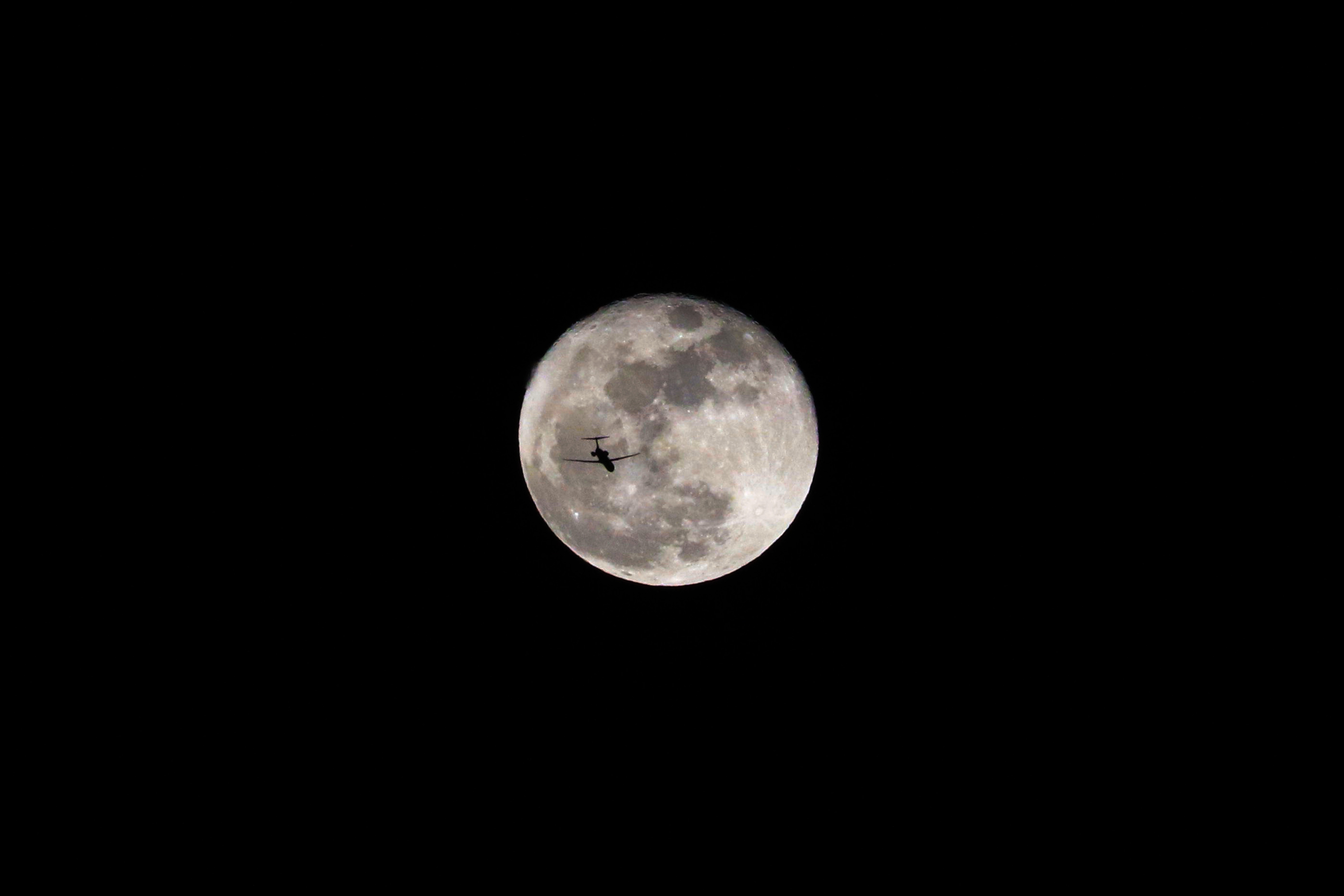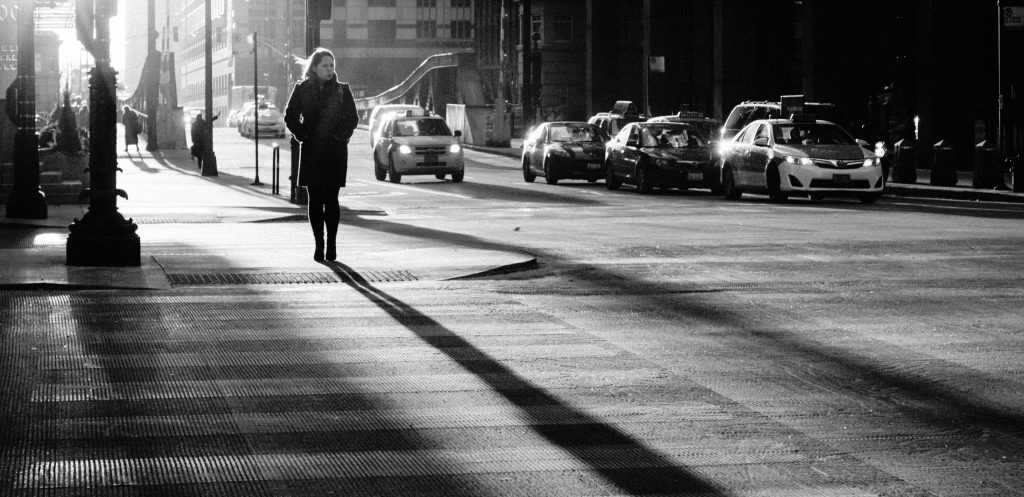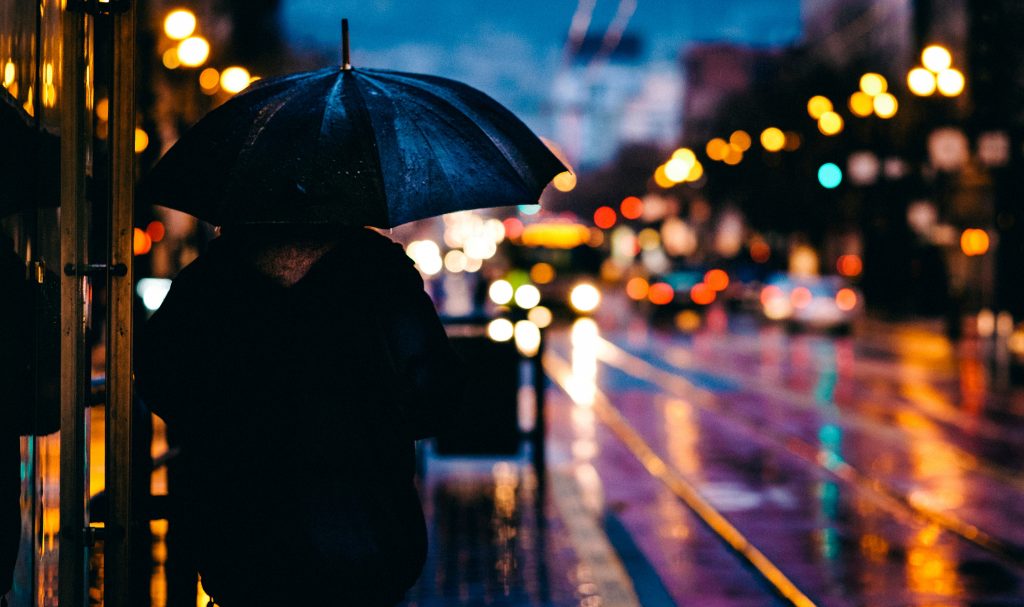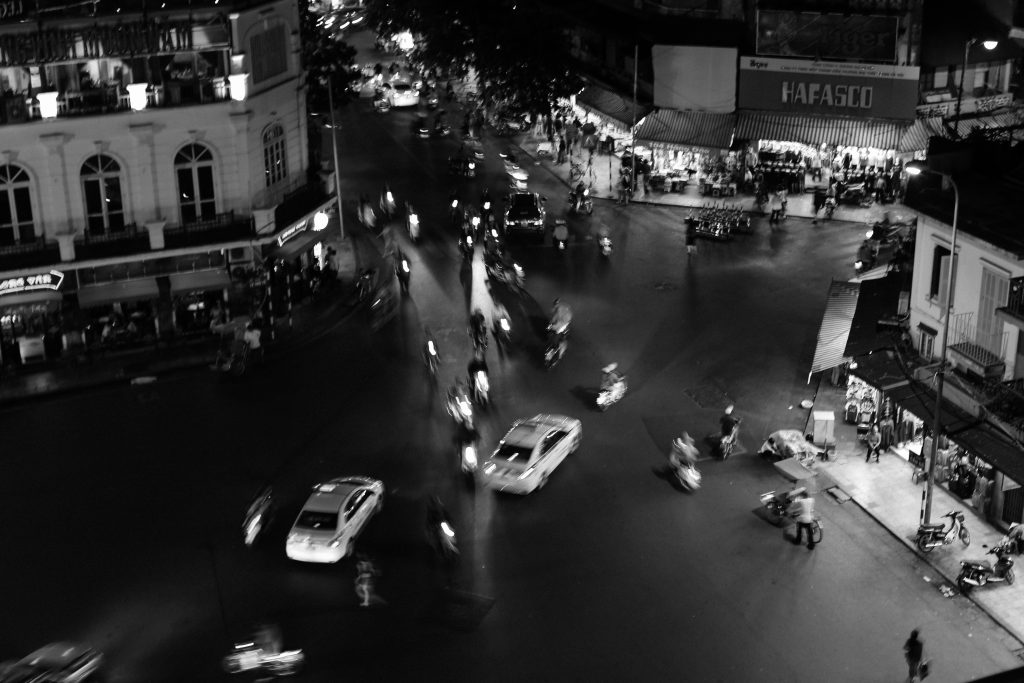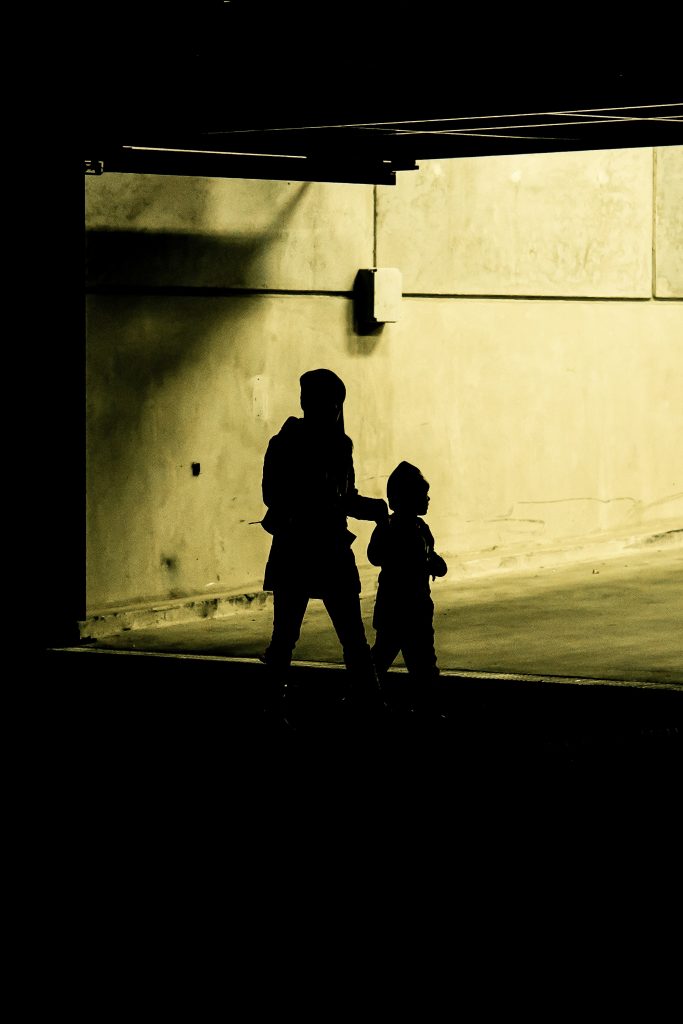
I pull up on the side of a busy street, and a Hispanic woman and her son climb into the back. She is well dressed. He is toting a backpack and sounds excited about getting new glasses.
“Now, we didn’t get them today, son, but we will soon. Mommy has to pay for them little by little.”
We make a turn and head towards their home, two miles away.
“How are you?” I ask. “Sure is a beautiful day.” The sun is warm through the windshield and the sky is a blue that pops.
“I’m good,” she says hesitantly, and I can tell she makes a quick decision in her mind to answer honestly. I see this often, this split second of indecision, this wavering between an answer of “I’m good” or the truth. She keeps going.
“It is a beautiful day,” she continues. “But I’ve been to appointments all day. First, I had to take my youngest son here to an eye appointment. And there were other things.”
She pauses again, and again I can tell she’s thinking, thinking, thinking about how much to tell me, a stranger. “You know, honestly, I’m fighting the school district right now. My oldest son is autistic, and I’ve had to pick him up from school ten times this year.”
“Oh, wow,” I say. “I’m so sorry.”
“Sit back, son, keep your seat belt on,” she says to her son, then turns to me. “He has trouble sleeping. He has GI issues, which isn’t unusual for children with autism. And now he’s crying a lot at school. He doesn’t speak. He’s so tired, and they don’t know what to do when he cries, so they tell me to come and get him. I just don’t know what to do. I’m at the end of my rope.”
It’s a short trip to her drop off spot. We’re there in what feels like no time. She opens the door, barely finished speaking.
“I’m so sorry,” I say again. “My sister has fought those battles, too, for her daughter in Florida. I hear from her how draining it can be. I hope you’re able to get your son what he needs.”
“Thank you,” she says emphatically. “Me, too. Thank you.” She turns to her son. “Follow me out this side. What do you say?”
“Thank you,” he says.
“Thanks, man,” I say, turning around and smiling at him.
He giggles. “He called me man,” he tells his mother, stifling a laugh. They climb out. I drive away.

